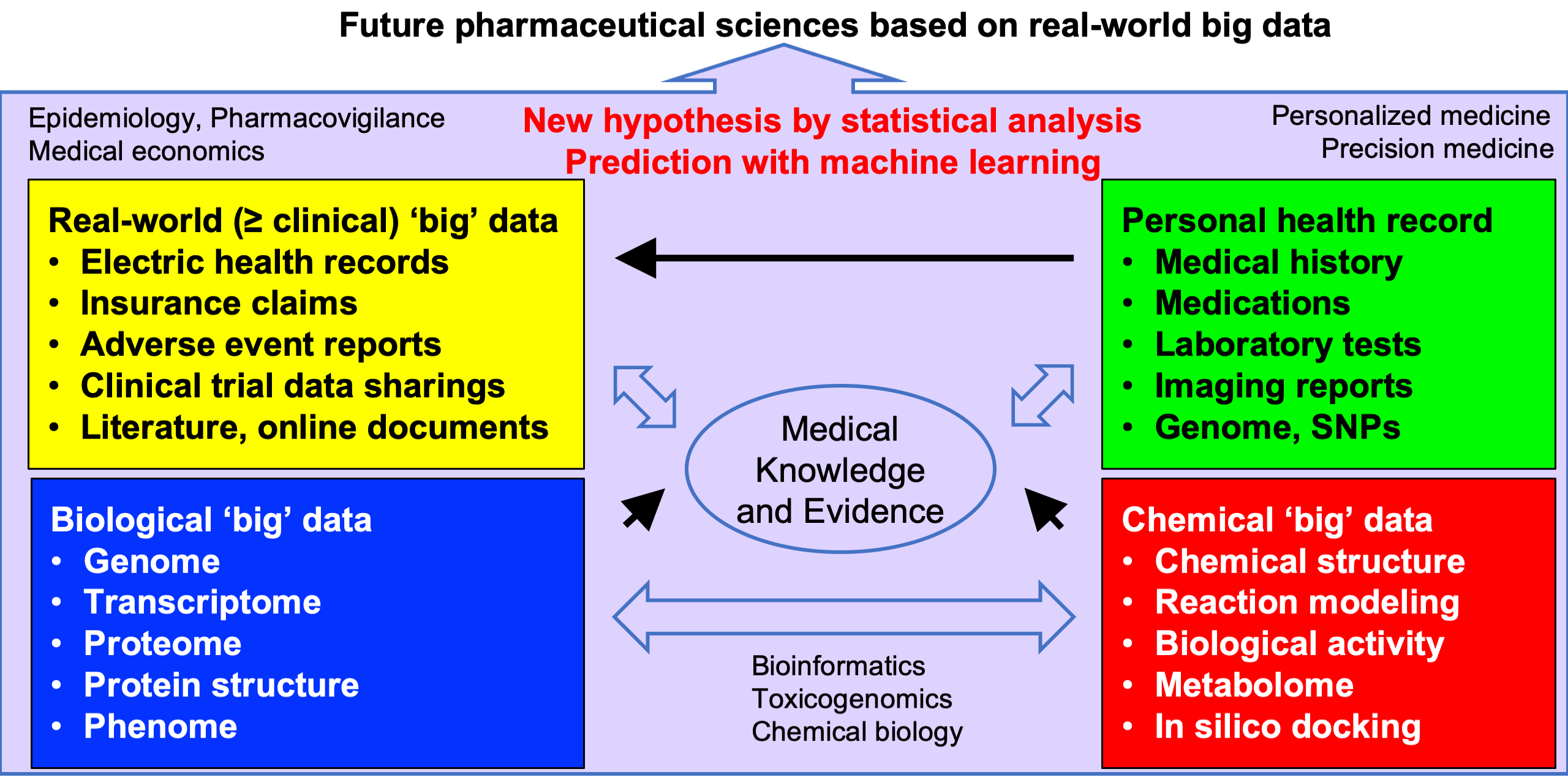Drug repositioning and target finding based on clinical evidence
Recent pharmacological studies have been developed based on finding new disease-related genes, accompanied by the production of gene-manipulated disease model animals and high-affinity ligands for the target proteins. However, the emergence of this gene-based strategy in drug development has led to the rapid depletion of drug target molecules. To overcome this, we have attempted to utilize clinical big data to explore a novel and unexpected hypothesis of drug-drug interaction that would lead to drug repositioning. Here, we introduce our data-driven approach in which adverse event self-reports are statistically analyzed and compared in order to find and validate new drug targets. The hypotheses provided by such a data-driven approach will likely impact the style of future drug development and pharmaceutical study.




























